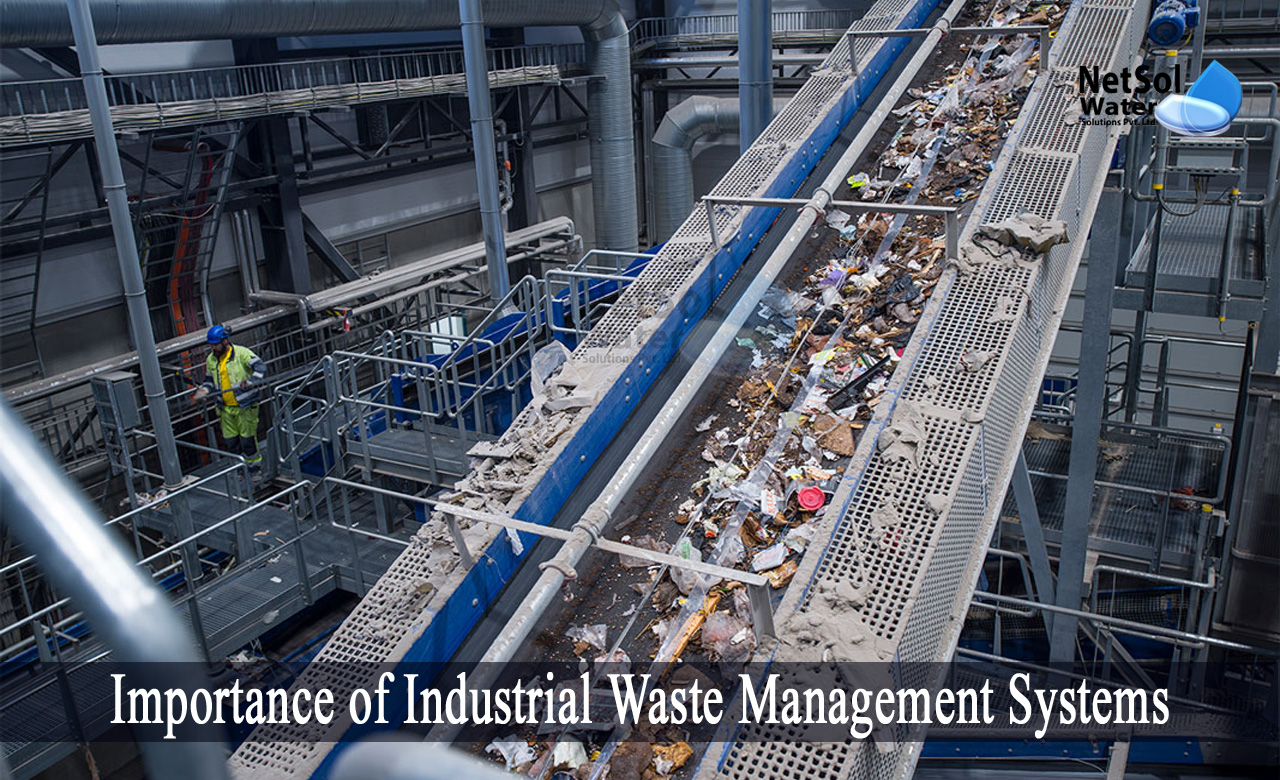Some Known Facts About Reclaim Waste.
Some Known Facts About Reclaim Waste.
Blog Article
Reclaim Waste - An Overview
Table of ContentsThe smart Trick of Reclaim Waste That Nobody is DiscussingLittle Known Questions About Reclaim Waste.Getting My Reclaim Waste To WorkFascination About Reclaim WasteReclaim Waste for Dummies
Explore the types, occurrences, and types of liquid waste. Domestic sewage waste refers to the waste and items from a residential septic tank. This kind of waste is created by humans in homes, institutions, and other buildings. This only includes sewage-disposal tanks that have a drainpipe area. The correct management and disposal of domestic sewer waste require fluid waste to be transferred to a sewer therapy plant where the correct techniques and equipment are related to detoxify and take care of waste.
Industrial waste typically consists of possible threats, such as combustible materials or a mix of liquid and solid waste products, and needs an advanced and detailed disposal process. The disposal of industrial waste generally entails the filtering of waste prior to transportation to guarantee risk-free and correct disposal. Hazardous waste is produced from byproducts and runoff of industrial procedures and manufacturing.
This kind of waste can not use the exact same sewage monitoring transportation or processes as septic or business fluids. The hazardous waste management process requires the evaluation and testing of fluid waste before it goes through the disposal procedure (industrial wastewater treatment). Overflow waste is the fluid waste that comes from drainage and excess stormwater in very inhabited locations or cities
Overflow waste can create contamination and flooding if not handled correctly. Guaranteeing correct waste monitoring can protect against calamities and reduce ecological harm.
Excitement About Reclaim Waste
Call PROS Services today to find out about our waste monitoring and disposal solutions and the appropriate means to take care of the fluid waste you produce.
(http://www.place123.net/place/reclaim-waste-laverton-north-vic-australia)Do you understand what occurs to your water when you disengage, flush the commode or drain pipes the cleaning maker? No? Well, it deserves knowing. This supposed 'wastewater' is not just an important resource but, after therapy, will be released to our land, waterways or the sea. Utilized water from toilets, showers, baths, cooking area sinks, washings and industrial procedures is referred to as wastewater.

water utilized to cool down machinery or clean plant and equipment). Stormwater, a type of wastewater, is runoff that streams from agricultural and urban locations such as roof coverings, parks, yards, roadways, paths and gutters right into stormwater drains pipes, after rain. Stormwater streams without treatment directly to neighborhood creeks or rivers, eventually reaching the sea.
All About Reclaim Waste
In Queensland, a lot of wastewater is dealt with at sewer therapy plants. Wastewater is moved from domestic or commercial websites via a system of sewage systems and pump terminals, recognized as sewerage reticulation, to a sewage therapy plant. Regional governments construct, preserve and operate most sewage treatment plants. Operators are certified under the Environmental Security Act 1994 to release cured wastewater at an appropriate ecological criterion into waterways.
The Department of Natural Resources suggests city governments regarding handling, operating and maintaining sewerage systems and treatment plants. In unsewered areas, local governments may call for householders to set up specific or family sewer treatment systems to treat residential wastewater from bathrooms, kitchen areas, bathrooms and washings. The Division of Natural Resources authorizes making use of household systems when they are shown to be reliable.
A lot of stormwater receives no treatment. In some brand-new class, therapy of some stormwater to get rid of trash, sand and gravel has actually begun using gross pollutant catches. Wastewater therapy takes place in four phases: Gets rid of strong matter. Bigger solids, such as plastics and various other items incorrectly released to sewage systems, are removed when wastewater is travelled through displays.
Makes use of small living microorganisms understands as micro-organisms to break down and remove continuing to be dissolved wastes and great particles. Micro-organisms and wastes are included in the sludge.
Some Known Details About Reclaim Waste
Nutrient elimination is not available at all sewage therapy plants since it needs costly specialized equipment. Clear fluid effluent generated after therapy may still contain disease-causing micro-organisms - liquid waste removal melbourne.

The majority of wastewater moves into the sewerage system. Under the Act, regional governments administer authorizations and licences for eco pertinent activities (Ages) involving wastewater releases that may have a neighborhood impact.
Reclaim Waste for Dummies
Tracking supplies accurate info regarding water quality and can confirm that licence problems are being satisfied. The information acquired with surveillance gives the basis for making water high quality choices.
Report this page